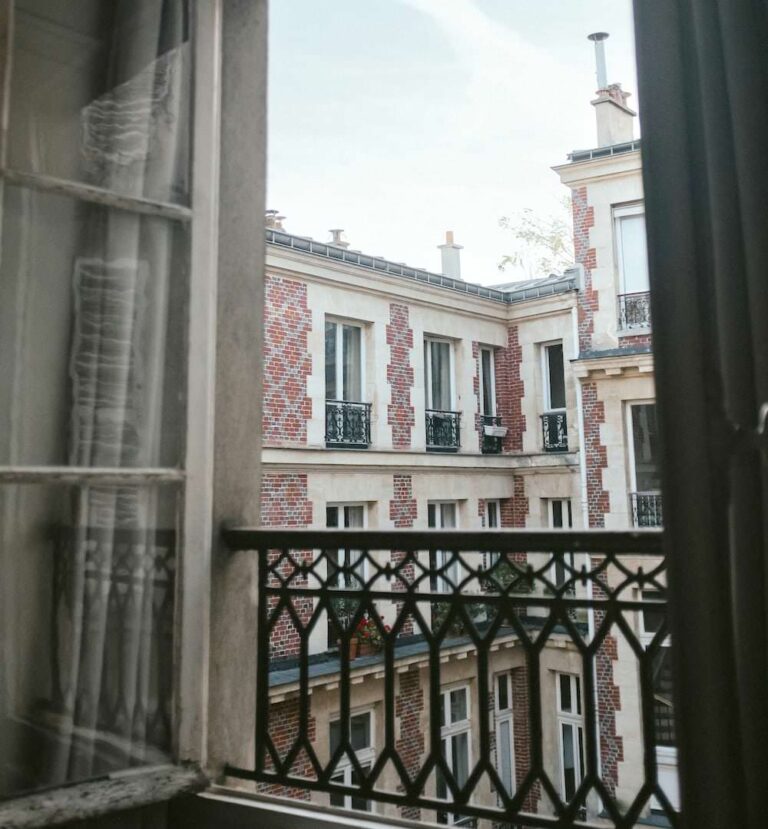Verb: Avoir
The French verb “avoir” is a fundamental verb that holds great importance in the French language. Translated as “to have” in English, “avoir” is an irregular verb that appears in various contexts and is used in a multitude of expressions. Let’s explore the verb “avoir” and its significance in French.
Firstly, let’s look at its basic conjugation in the present tense, indicative mood:
- j’ai (I have)
- tu as (you have)
- il/elle a (he/she has)
- nous avons (we have)
- vous avez (you have)
- ils/elles ont (they have)
As an irregular verb, “avoir” does not follow the typical conjugation patterns of regular verbs. Therefore, it is important to memorize its forms to use it correctly in various situations.
The primary meaning of “avoir” is to denote possession. For example, “J’ai une voiture” means “I have a car.” In this sense, “avoir” is used to express ownership of objects, characteristics, or qualities.
However, “avoir” is not limited to expressing possession alone. It is used in numerous idiomatic expressions, where its meaning goes beyond its literal translation. For instance:
- “Avoir faim” means “to be hungry.”
- “Avoir soif” means “to be thirsty.”
- “Avoir chaud” means “to be hot.”
- “Avoir froid” means “to be cold.”
These expressions illustrate how “avoir” is used to convey sensations, feelings, and states of being.
Furthermore, “avoir” is employed in other contexts as well. It is used to indicate age, as in “j’ai dix ans” (I am ten years old) or “il a trente-cinq ans” (he is thirty-five years old). It is also used in phrases related to time, such as “avoir rendez-vous” (to have an appointment) or “avoir l’heure” (to know the time).
In addition to its present tense forms, “avoir” is conjugated in other tenses, including the past tense, future tense, and conditional tense, among others. Learning these conjugations allows for the expression of actions or states that have occurred or will occur at different points in time.






